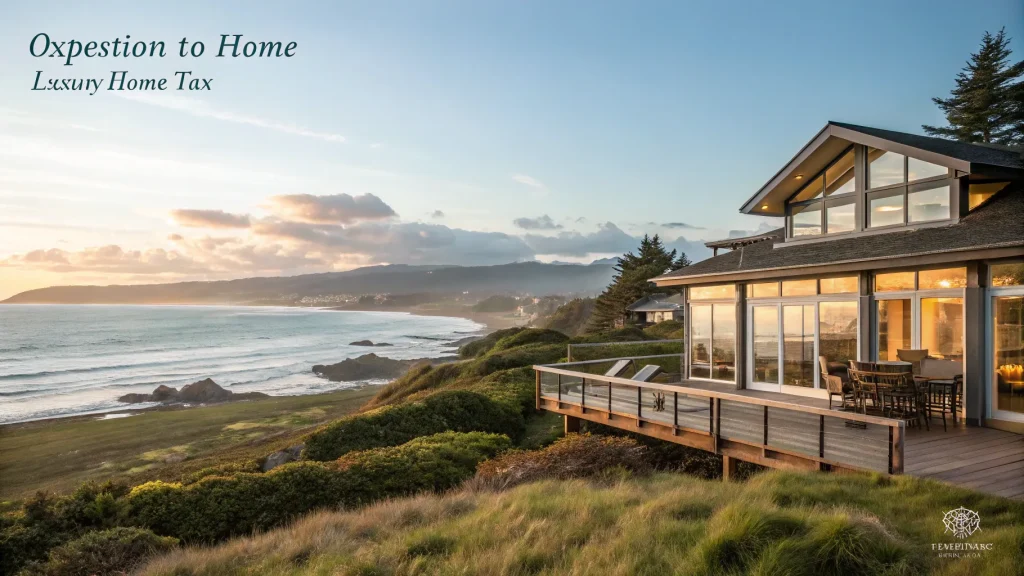Table of Contents
ToggleThe Proposed “Luxury Home Tax”
While specific details of the tax proposal weren’t fully outlined in Portnoy’s comments, the measure appears to be aimed at non-primary residences that exceed a certain value threshold. Such taxes, often referred to as “mansion taxes” or “luxury home taxes,” have been implemented or considered in several states as a means to generate additional revenue from wealthy property owners.
Rhode Island, with its coastal communities like Newport and Watch Hill that attract wealthy second-home buyers, would join other states that have implemented similar targeted property tax structures if the proposal moves forward.
Economic Impact Concerns
During his television appearance, Portnoy suggested the tax could have unintended consequences for Rhode Island’s economy. Critics of such luxury taxes often argue they can:
- Discourage wealthy individuals from purchasing property in the state
- Reduce overall property values in high-end markets
- Decrease spending in local economies that benefit from wealthy seasonal residents
- Potentially drive current luxury homeowners to sell and invest elsewhere
These economic concerns reflect broader debates about wealth taxes and whether they effectively generate revenue or simply drive wealth to relocate to more tax-friendly jurisdictions.
Property Rights Arguments
Portnoy’s criticism also appeared to focus on property rights issues, suggesting that targeting specific homeowners with additional taxes based on the value or usage of their property raises questions about tax fairness.
When you start targeting specific groups of property owners with special taxes, you’re heading down a slippery slope,” Portnoy stated during the interview. People who’ve invested in Rhode Island by buying property there shouldn’t be punished for it.
The Barstool founder, who has previously been vocal about government regulation and taxation issues, framed the proposal as part of a concerning trend of states looking to extract more revenue from wealthy individuals and investors.
Political Context
The Rhode Island proposal comes amid nationwide discussions about wealth inequality and tax policy. Several states with high-value property markets have implemented or considered similar measures to generate revenue from luxury real estate.
New York, Connecticut, and California have various forms of higher taxation on luxury properties, though the structures and thresholds vary significantly by location.
Proponents of such taxes argue they help address wealth inequality and provide funding for essential services, while critics contend they discourage investment and economic activity.
Rhode Island lawmakers who support the measure have not yet responded publicly to Portnoy’s criticism. The proposal remains under consideration, with details about tax rates, property value thresholds, and implementation timelines still being developed.
As the debate continues, Rhode Island property owners, particularly those with second homes in coastal communities, are closely monitoring the potential impact of this tax on their investments and plans in the state.















